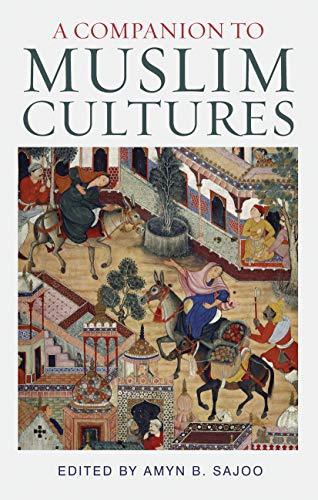

I.B.Tauris in association with the Institute of Ismaili Studies Culture shapes every aspect of the relationship between God and the believer in Islam - as well as among believers, and with those beyond the fold. Fasts, prayers and pilgrimages are attuned to social rhythms old and new, no less than the designs of mosques and public gardens, the making of 'religious' music, and ways of thinking about technology and wellbeing. Ancient deserts and modern urban landscapes may echo with the same call for transcendence, but in voices that emerge from very different everyday realities. Scripture itself, as the Prophet Muhammad knew, is ever seen through a cultural lens; both language and what it communicates are intimately tied to context. And the cosmopolitanism that runs through Muslim history from the outset recalls T.S. Eliot's remark that culture is 'that which makes life worth living'. It frames how the deepest religious values are understood and practiced, from modesty in adornment and solidarity with the underprivileged, to integrity and accountability in political life. Muslims have never been content with a passive separation of faith from their daily lives, whether public or private. What are the implications of this holistic view in a diverse world of Muslims and non-Muslims? How do core ethical values interface with the particulars of local cultures in all their complexity, especially when it comes to matters like the status of women and the scope of individual religious freedom? The answers - at a time when secular and Muslim identities appear to be locked in conflict - are explored in this Companion by some of today's finest scholars.